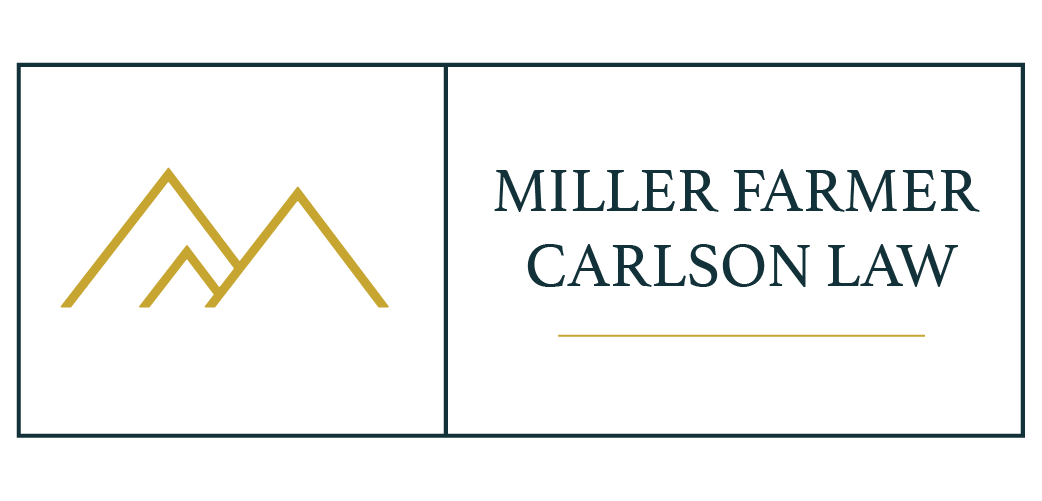Top 5 Charter School Myths
In the 2019–2020 school year, there were over 260 charter schools serving students across the state of Colorado. And yet, charter schools remain significantly misunderstood. In fact, what many people think they know about charter schools is less fact and mostly fiction. Here are five of the most common myths when it comes to charter schools and the facts to set the record straight.
Myth #1: Charter Schools Are the Same as Private Schools.
Fact: Charter schools are tuition-free public schools of choice authorized by either a local school district or the Charter School Institute (“CSI”). Rather than being operated by the school district or CSI, charter schools are independent Colorado nonprofit organizations that operate pursuant to a contract or charter between the school and its authorizer. Accordingly, charter schools can provide unique educational offerings that in many cases are unavailable elsewhere in the district, all while receiving public funds just like any other neighborhood school.
Myth #2: Charter Schools Are Privatizing Public Education.
Fact: As already alluded to, charter schools are nonprofit organizations. In fact, the Colorado Charter Schools Act requires that charter schools be organized as nonprofits rather than some other for-profit entity. C.R.S. 22-30.5-104(4)(a).
In a relatively small number of cases, charter schools contract with other entities to provide educational services; however, the school is still governed by a publicly accountable nonprofit board of directors.
Myth #3: Charter Schools Use Discriminatory Enrollment Practices and Are Only Available to Wealthy Students.
Fact: Charter schools are subject to all federal and state laws and constitutional provisions prohibiting discrimination on the basis of disability, race, creed, color, sex, sexual orientation, national origin, religion, ancestry, or need for special education services. C.R.S. 22-30.5-104(3). Further, charter schools are prohibited from establishing undue barriers to students applying for enrollment, such as mandated testing prior to acceptance, that have the effect of excluding students based on socioeconomic, family, or language background, prior academic performance, special education status, or parental involvement. 1 CCR 301-88:2.02(E). In many cases, charter schools are specifically designed to target traditionally underserved students.
Myth #4: Charter Schools Are Not Academically or Financially Accountable.
Fact: Charter schools are required to administer the same statewide assessments as all other district-run public schools and are further subject to the Education Accountability Act of 2009. Charter schools are also subject to the Public School Financial Transparency Act, which requires detailed financials to be publicly available and posted online.
In many ways, charter schools are even more accountable in that they must report to both their authorizer through the charter contract as well as their own governing boards.
Myth #5: Charter Schools Can Waive the Requirements of State Statute and Operate with an Unfair Advantage.
Fact: School districts are permitted to submit waivers from state statute to the Colorado State Board of Education for approval in a similar fashion as charter schools. See C.R.S. 22-30.5-104(6)(c) and C.R.S. 22-2-117(1)(b).
